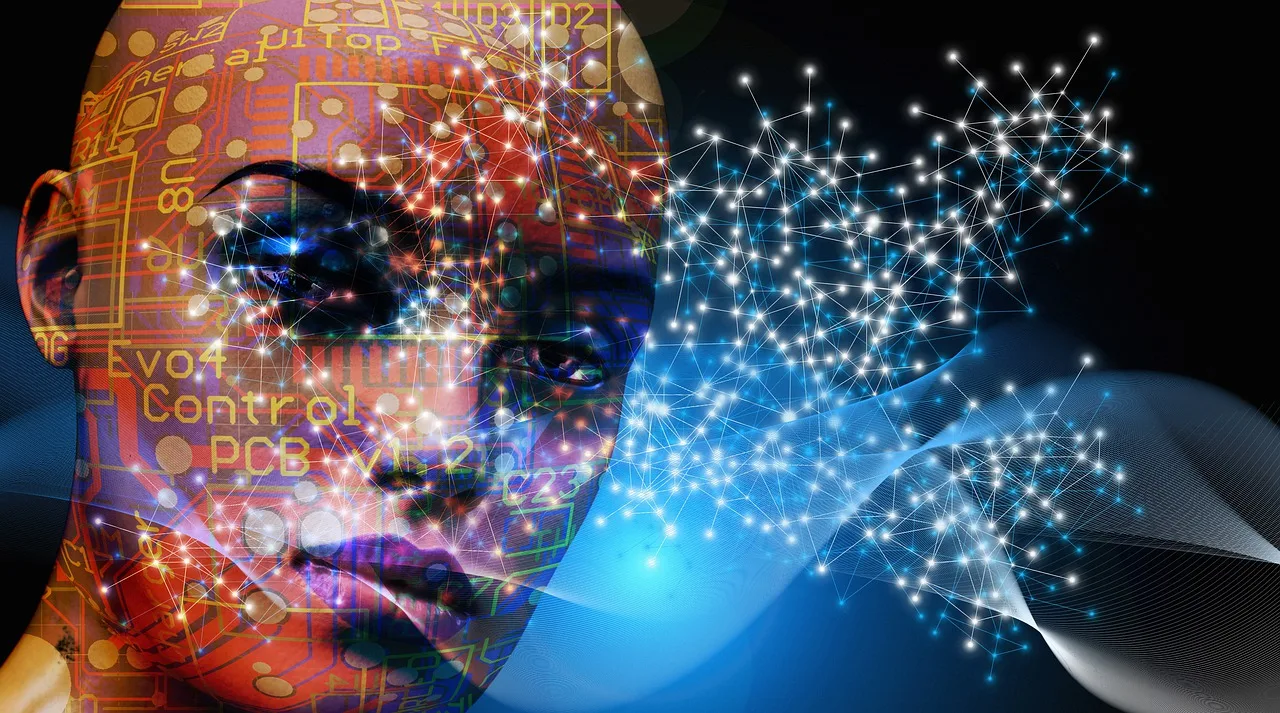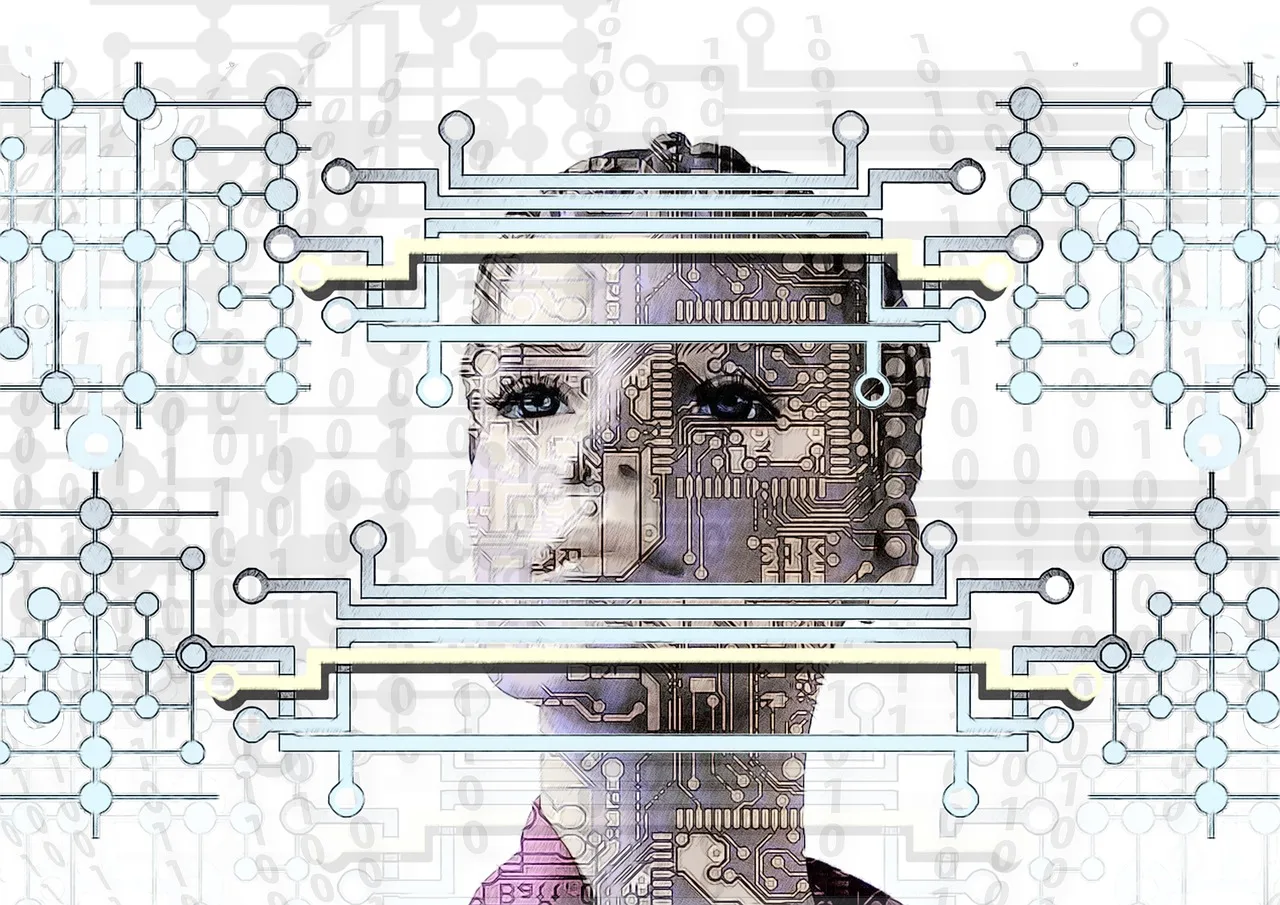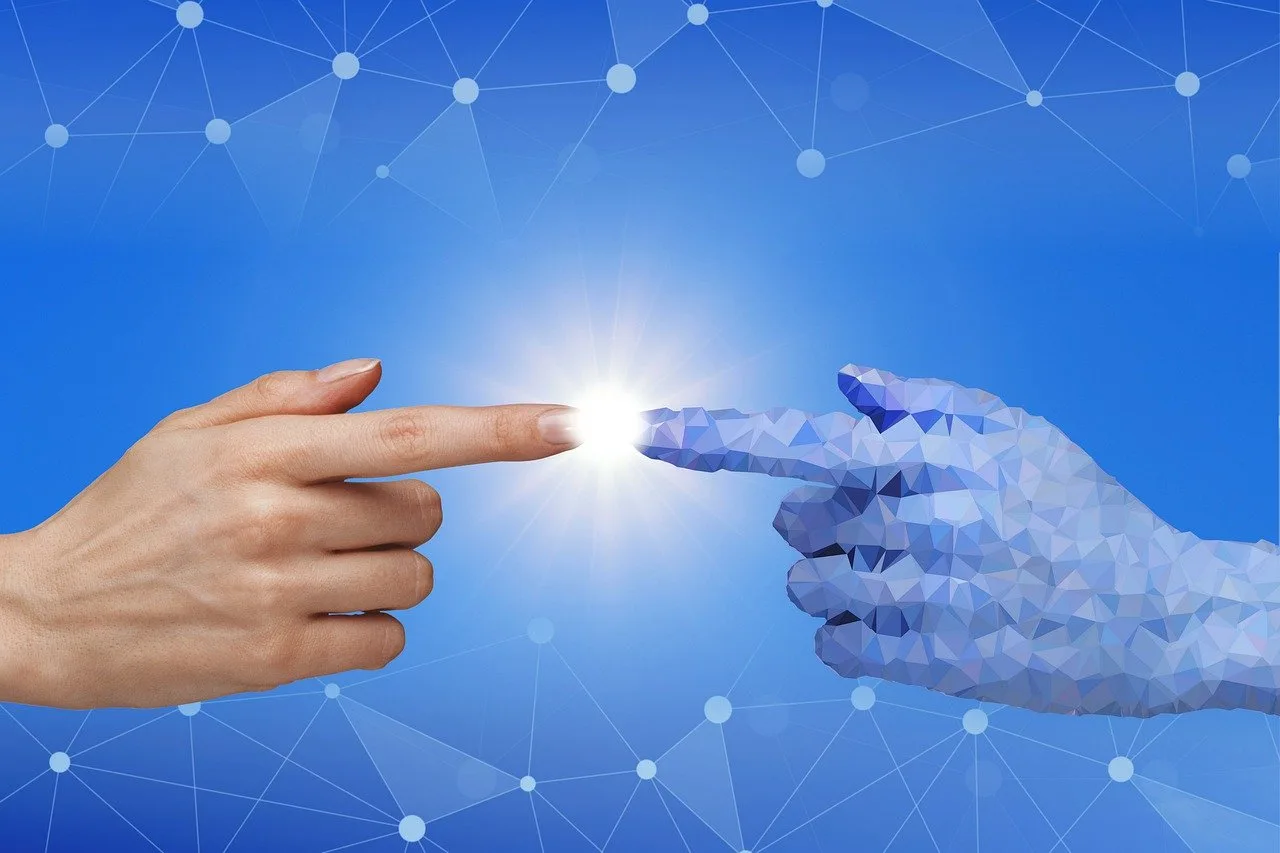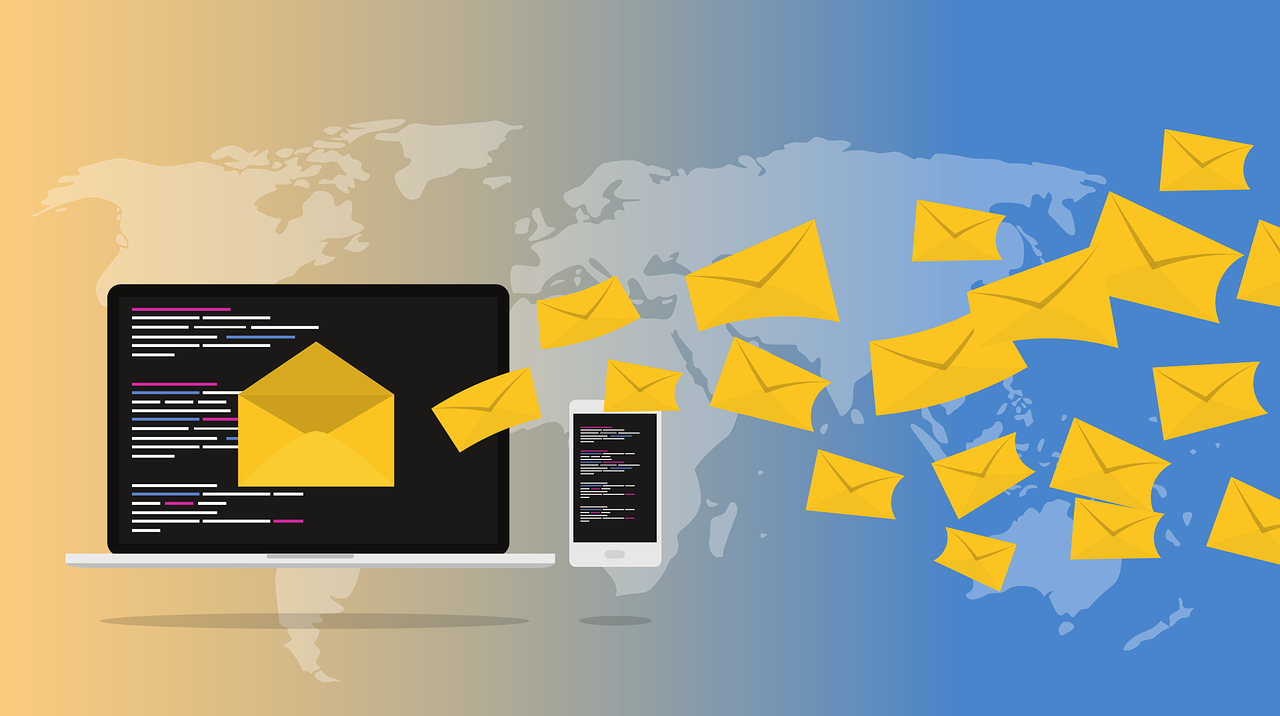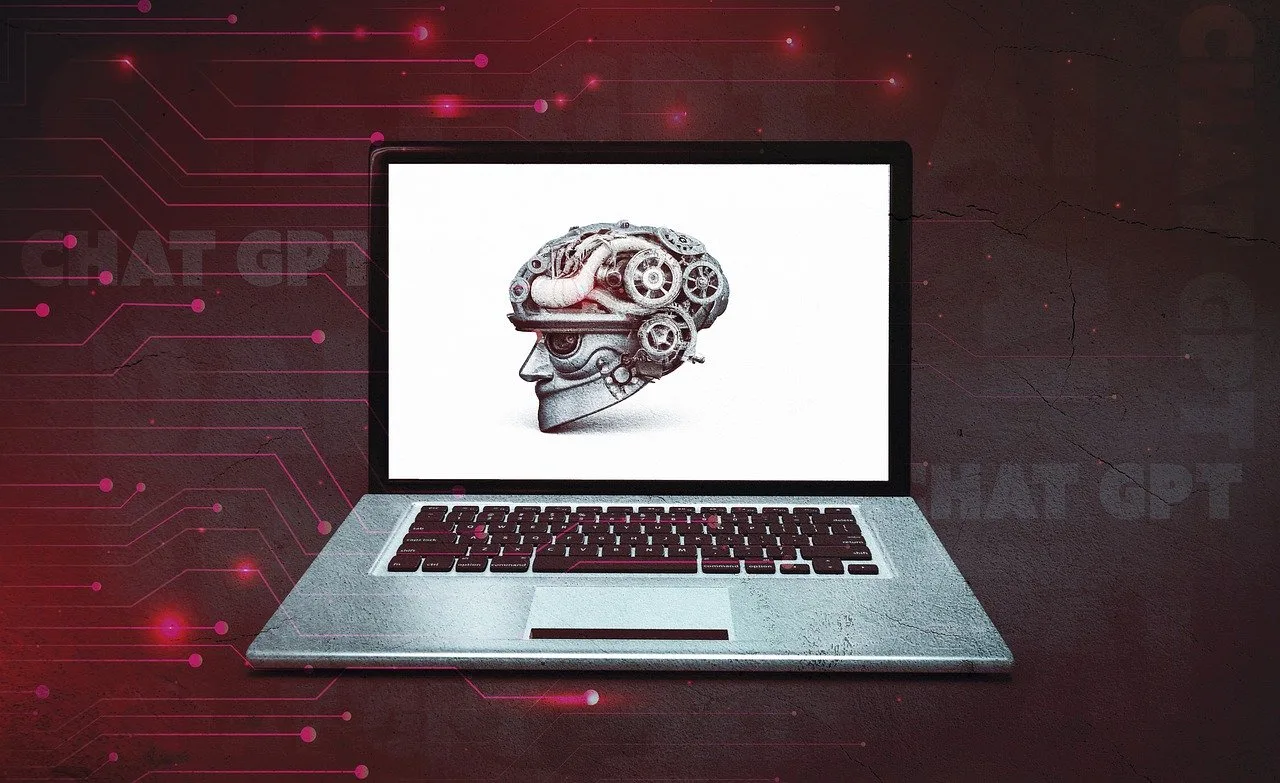
Notion AI vs ChatGPT: Everything You Need to Know
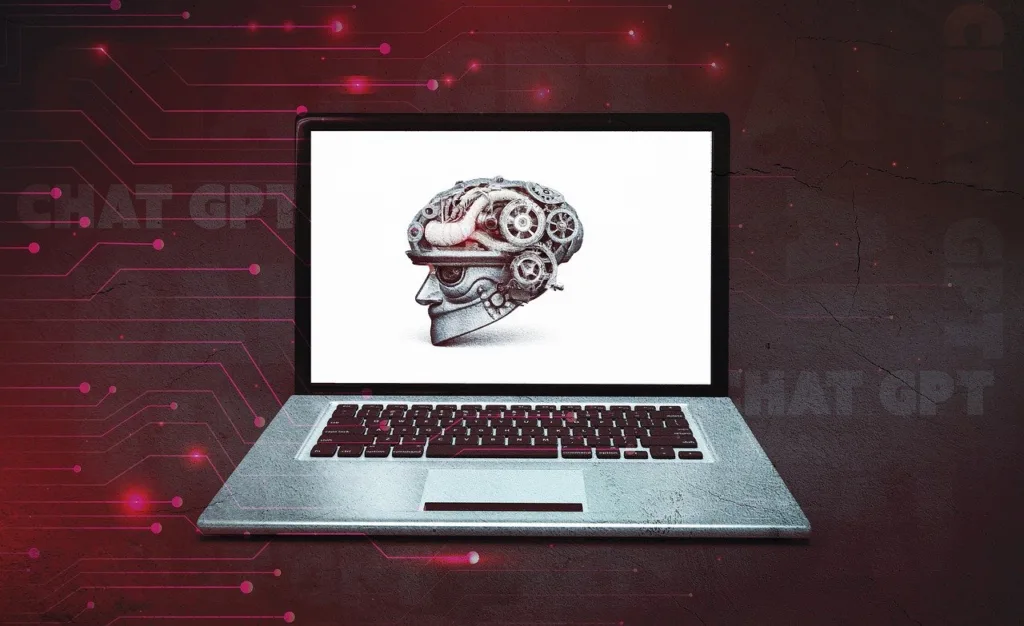
In the rapidly evolving landscape of artificial intelligence (AI), two standout platforms, Notion AI vs ChatGPT, have been making waves for their distinct capabilities. This article aims to provide a comprehensive comparison, shedding light on their features, strengths, and limitations.
Notion AI: Overview and Features
Notion AI is an advanced AI platform designed to enhance productivity and collaboration. Integrating machine learning and natural language processing, it offers a range of features.
Key features of Notion AI include:
- Task Management: Efficiently create, organize, and track tasks with customizable deadlines.
- Project Management: Seamlessly manage projects, assign tasks, and monitor timelines for effective collaboration.
- Knowledge Base: Establish a centralized repository for information, simplifying content search and access.
- Collaboration: Facilitates real-time collaboration, enabling teamwork on tasks and projects.
ChatGPT: Overview and Features
Developed by OpenAI, ChatGPT is a versatile AI language model specializing in generating human-like text responses.
Key features of ChatGPT include:
- Conversational AI: Excels in generating contextually relevant responses, ideal for chatbots, virtual assistants, and customer support systems.
- Language Translation: Facilitates seamless communication across language barriers by translating text.
- Content Generation: Assists in generating content for diverse purposes, from articles and blog posts to code snippets.
- Information Retrieval: Responds to user queries with relevant answers based on its extensive training data.
Functionality: Notion AI vs ChatGPT
Notion AI
1. Information Organization
Notion AI stands as a beacon for efficient information management. Users benefit from its prowess in organizing notes, documents, and data in a structured, user-friendly manner. The tool offers customizable layouts and templates, empowering users to create personalized databases and knowledge bases.
2. Task Management
Notion AI extends its utility to task management, allowing users to craft to-do lists, set reminders, and monitor task progress. Collaboration is seamless, with the ability to assign tasks to team members, ensuring a streamlined workflow.
3. Automation
A hallmark feature of Notion AI is its automation capabilities. Repetitive tasks such as data entry and file organization are effortlessly handled, freeing users from mundane chores. Integrations with popular tools like Google Calendar and Trello elevate its automation prowess.
ChatGPT
4. Conversational AI
ChatGPT takes the spotlight in the domain of conversational AI. Tailored for natural language interactions, it adeptly responds to user queries, providing information, answering questions, and offering context-aware suggestions.
5. Language Translation
With its advanced language processing, ChatGPT facilitates language translation. Users can seamlessly translate text across a wide array of languages, fostering effective global communication.
6. Content Generation
Beyond conversation, ChatGPT showcases its flair for content generation. Whether it’s creative writing, content creation, or code completion for programmers, this AI model exhibits versatility in generating human-like text.
Comparison
| Notion AI | ChatGPT |
|---|---|
| Information Organization | Conversational AI |
| Task Management | Language Translation |
| Automation | Content Generation |
User Interface of Notion AI vs ChatGPT
Notion AI’s Interface
1. Simplicity and Versatility
Notion AI boasts a user-friendly interface that strikes a balance between simplicity and versatility. Its design is clean and intuitive, ensuring users can effortlessly navigate and access various features.
2. Drag-and-Drop Functionality
A standout feature is the drag-and-drop functionality, allowing users to seamlessly rearrange elements within their workspace. This feature enhances customization, enabling users to tailor the layout to their preferences.
3. Collaborative Nature
Notion AI embraces collaboration with open arms. Users can invite team members to collaborate in real-time, making it an ideal choice for remote teams seeking efficiency and seamless teamwork.
4. Templates and Blocks
The platform provides an array of templates and blocks, empowering users to craft visually appealing and structured content effortlessly.
ChatGPT’s Interface
5. Simulated Human-Like Interaction
ChatGPT takes a different route with its conversational interface that mirrors human-like interactions. The interface resembles a chatbox, offering a unique and engaging user experience.
6. Accessibility Through Text Input
Users interact with ChatGPT by typing queries or prompts, ensuring accessibility for a broad audience. This simplicity enhances user engagement, making it an approachable platform for diverse users.
7. System-Level Instructions
ChatGPT introduces system-level instructions, allowing users to guide the AI model’s behavior. This feature provides users with more control over the tone, style, and format of responses.
Key Differences to Consider
While both Notion AI and ChatGPT shine in their own right, several key distinctions set them apart:
1. Focus and Purpose
Notion AI caters to users seeking a versatile workspace for organized work, while ChatGPT excels in providing conversational interactions.
2. Interaction Styles
Notion AI relies on drag-and-drop and templates, whereas ChatGPT thrives on text-based input and user instructions for a more conversational approach.
3. Collaborative vs. Individual-Centric
Notion AI prioritizes collaborative work, making it an excellent choice for team projects. In contrast, ChatGPT leans towards individual-centric interactions.
Customization of Notion AI vs ChatGPT
Notion AI:
1. Custom Prompts
Notion AI boasts a robust language model celebrated for its versatility. A standout feature is its ability to cater to specific tasks through custom prompts. Users can fine-tune the model by providing examples and desired outputs, resulting in a more personalized and tailored experience.
2. Domain Adaptation
Another noteworthy customization option offered by Notion AI is domain adaptation. This feature empowers users to train the model in specific domains or industries, enhancing its expertise and knowledge in those areas. Fine-tuning the model with domain-specific data ensures heightened performance and accuracy for specialized use cases.
ChatGPT:
1. Prompt Engineering
While ChatGPT may not match the customization prowess of Notion AI, it offers users the flexibility of prompt engineering. Crafting prompts and offering specific instructions allows users to guide the model’s responses, achieving satisfactory results in various applications.
2. Fine-Tuning
OpenAI has introduced fine-tuning as a customization feature for ChatGPT. Users can train the model on their datasets, providing greater control over its behavior and tailoring it to specific applications. Although not as comprehensive as Notion AI’s options, fine-tuning adds a layer of adaptability.
Training Process
Notion AI
Notion AI adopts a hybrid training approach, combining supervised and unsupervised learning techniques. Initially, human experts provide labeled data to help the model grasp patterns and generate accurate responses. As the model advances, it transitions into unsupervised learning, analyzing vast amounts of unstructured data to enhance its understanding and produce more nuanced responses.
ChatGPT
In contrast, ChatGPT employs Reinforcement Learning from Human Feedback (RLHF). Human AI trainers engage in conversations, offering model-written suggestions. The model is then fine-tuned using a reward model, encouraging the generation of more desirable responses. This iterative process allows ChatGPT to continually enhance its conversational abilities.
Data Sources
The quality and diversity of training data significantly impact an AI model‘s effectiveness. Here’s a closer look at the data sources utilized by Notion AI and ChatGPT:
Notion AI
Notion AI draws upon an extensive array of data sources, including books, articles, and websites. By analyzing a wide range of text, the model gains a comprehensive understanding of various topics, enabling it to generate informative responses. However, the specific sources and methodologies employed by Notion AI remain undisclosed.
ChatGPT
ChatGPT relies on the “InstructGPT” dataset, composed of conversations between human AI trainers. Following guidelines provided by OpenAI, these trainers ensure the model’s training aligns with ethical and safe standards. The dataset is thoughtfully curated to cover a broad spectrum of topics, ensuring ChatGPT’s proficiency in engaging in meaningful conversations.
Use Cases of Notion AI
- Natural Language Processing (NLP) Mastery Notion AI’s prowess in natural language processing enables it to perform tasks like sentiment analysis, text summarization, and language translation. Applications range from customer support systems to content creation and language-based applications.
- Data Analysis and Insights Leveraging advanced data analysis capabilities, Notion AI extracts valuable insights from large datasets. This makes it invaluable in market research, financial analysis, and predictive modeling.
- Virtual Assistants for Personalized Experiences Integrated into virtual assistants, Notion AI provides interactive and personalized experiences. Its ability to understand user queries and perform tasks enhances domains such as customer service, healthcare, and personal productivity.
- Content Generation Wizardry Notion AI’s language generation capabilities shine in content creation. From articles to blog posts and product descriptions, it aids content creators by providing ideas, improving productivity, and ensuring consistent quality.
Use Cases of ChatGPT
- Customer Support Excellence ChatGPT proves its worth in customer support systems by handling queries, answering frequently asked questions, and guiding users through troubleshooting processes. Its conversational prowess enhances customer experiences and reduces support response times.
- Language Tutoring Brilliance With language proficiency and interactive capabilities, ChatGPT becomes an ideal candidate for language tutoring applications. Learners can engage in conversations, receive language corrections, and gain insights into grammar rules.
- Personalized Recommendations By analyzing user preferences, ChatGPT offers personalized recommendations in various domains, from movies and books to products and services. This enhances user experiences and drives engagement through tailored suggestions.
- Interactive Storytelling Magic ChatGPT’s conversational and creative language generation abilities make it a perfect fit for interactive storytelling applications. Users can actively influence the storyline through their interactions, making it ideal for gaming, entertainment, and educational applications.
Final Words
In conclusion, Notion AI and ChatGPT offer unique strengths catering to different user needs. Notion AI excels in boosting productivity and collaboration, while ChatGPT shines in generating human-like text. The choice depends on specific use cases, and understanding their strengths empowers users to make informed decisions.
For more such information come to our array of prompts to your work.
